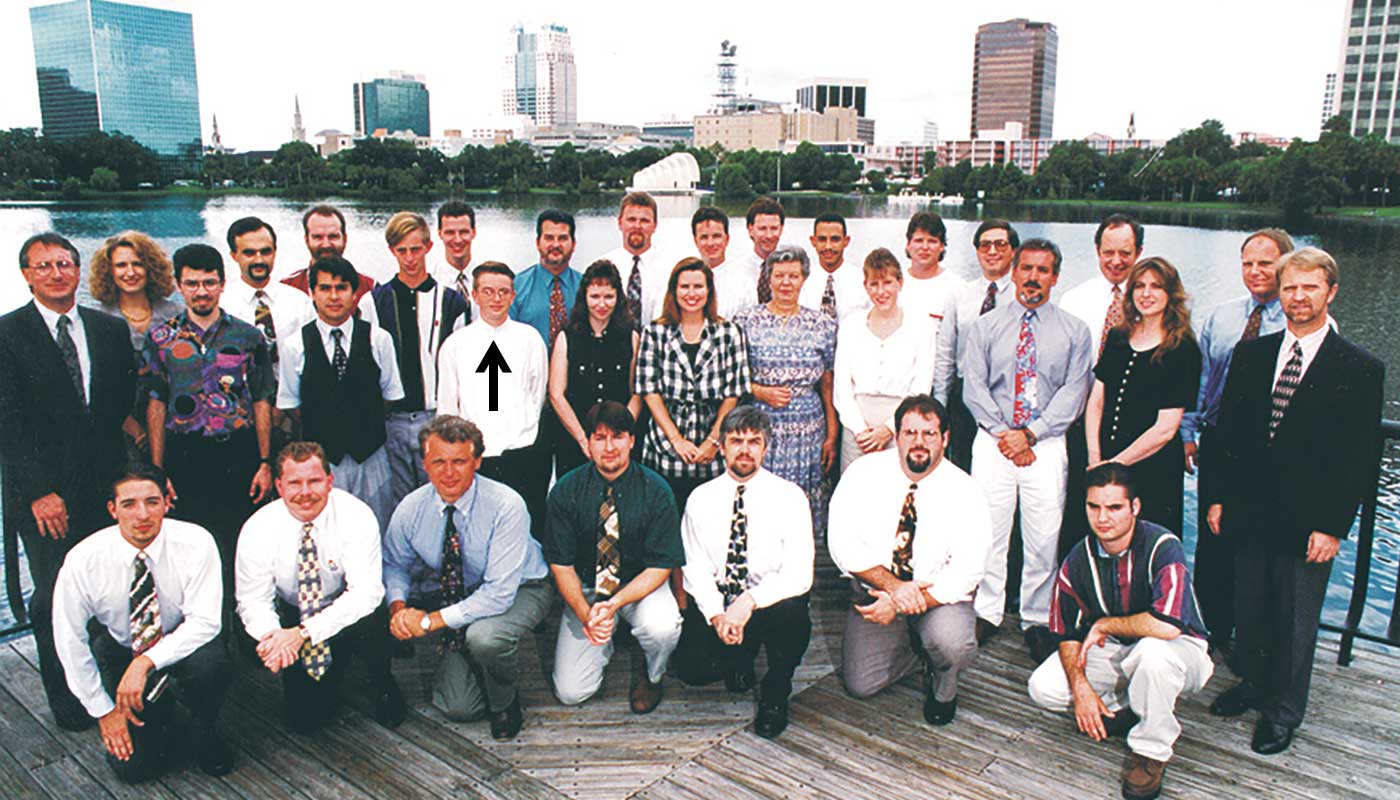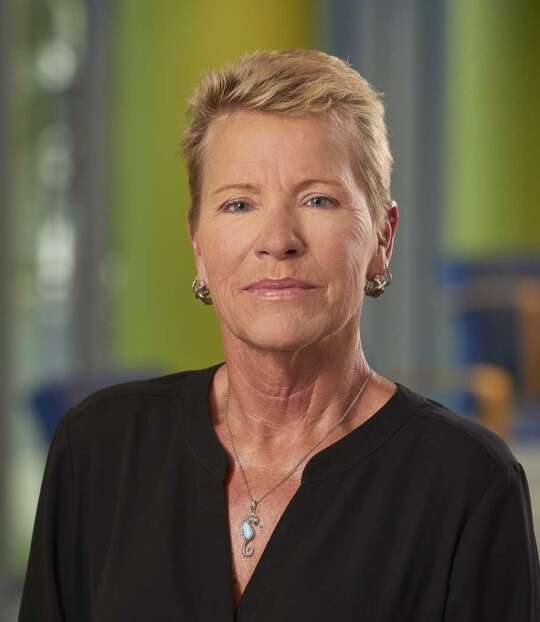
Tina Kennedy,
Director of Human Resources
At work, Tina Kennedy is known as Director of Human Resources at Cuhaci Peterson, helping shape the company’s culture and supporting its people. But outside of work? She’s a former competitive diver, an endurance horseback rider, a rock band singer and now a skilled furniture refinisher. Her journey proves that careers don’t define us—our passions do.
A Different Kind of HR Leader
Tina’s passion for HR started early, but her experience in the field didn’t begin the way she expected. After being offered an HR position at a company in Virginia, she turned it down—not because she didn’t want the role, but because the existing HR staff treated employees like a burden. That experience didn’t deter her, it inspired her.
“I decided that I did indeed want to be in HR—I just didn’t want to be like them,” Tina recalls. That mindset shaped her career, making her a people-first leader who ensures employees feel supported rather than sidelined.
From the Diving Board to the Saddle
Tina’s love for adventure started early. Growing up with two older brothers, she had to be tough, and that translated into a life filled with sports. She competed in platform diving, swimming, softball, volleyball and track—but her true passion for adventure came when she got involved in endurance horseback riding in Virginia.
She had two horses: one, a quarter horse with an attitude who learned respect after a dramatic encounter with a two-by-four, and the other, a two-year-old Arabian she trained herself. “By the time I started actually riding him, he didn’t buck or get crazy—I used to walk him like a dog through McDonald’s drive-thru, and he loved the french fries!”
One of her proudest moments was a 150-mile overnight endurance race through the Pennsylvania mountains. Competing against more than 100 riders, she and her horse finished in the top five—a testament to the dedication and discipline she carried into every challenge.
Rocking Out with a Hair Band
As if competitive sports weren’t enough, Tina also took the stage as a rock band singer, performing classics from Fleetwood Mac, Journey, Tesla and The Judds. “I had pink hair and fake tattoos—those were the days!” she laughs. Though her time in the band was short-lived, it’s another chapter in her story of fearlessly diving into new experiences.
A Life by the Water and a Passion for Restoration
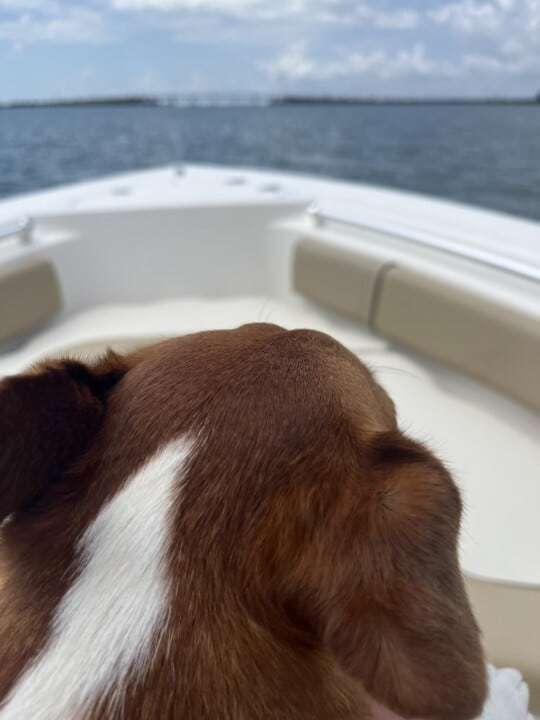 Today, Tina enjoys life near the beach, spending time boating, fishing and unwinding by the water. But her latest passion? Refinishing furniture.
Today, Tina enjoys life near the beach, spending time boating, fishing and unwinding by the water. But her latest passion? Refinishing furniture.
“I’ve refinished about five pieces so far, some dating back to the ’70s,” she says. “I recently acquired an Eastlake dresser from the 1870s and started showing it some love—it might be the first piece I actually try to sell.”
Lessons from a Life of Adventure
From horseback riding to HR, Tina has learned one crucial lesson: patience.
“All the activities I’ve been involved in have taught me that you can’t be a perfectionist, or nothing will ever get completed. But the most valuable lesson is patience—with yourself and with others.”
Her advice to others looking to balance passion and career? “Life is too short. Try new things, always make time for yourself, and never give up on what you love.”
And if her story proves anything, it’s that life outside of work is just as important as the work itself. Because Tina Kennedy is more than an HR Director—she’s a diver, an equestrian, a musician, an artist and an adventurer.
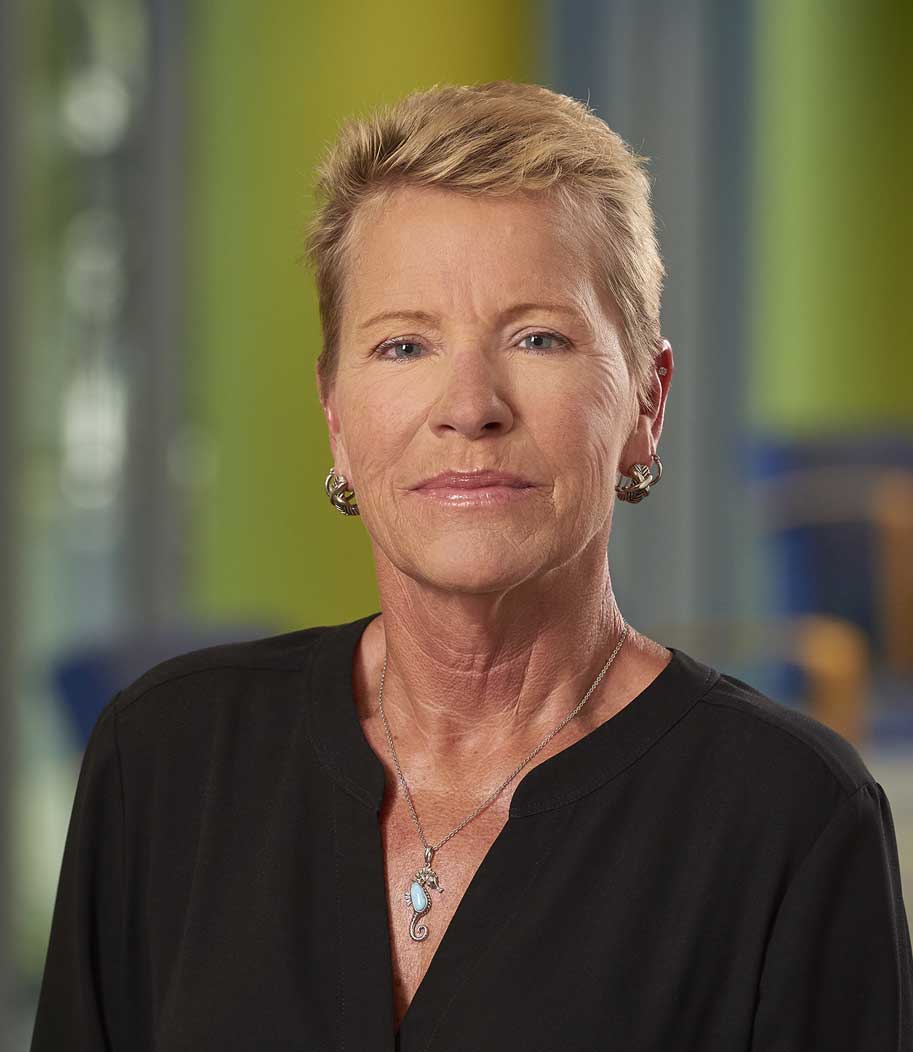
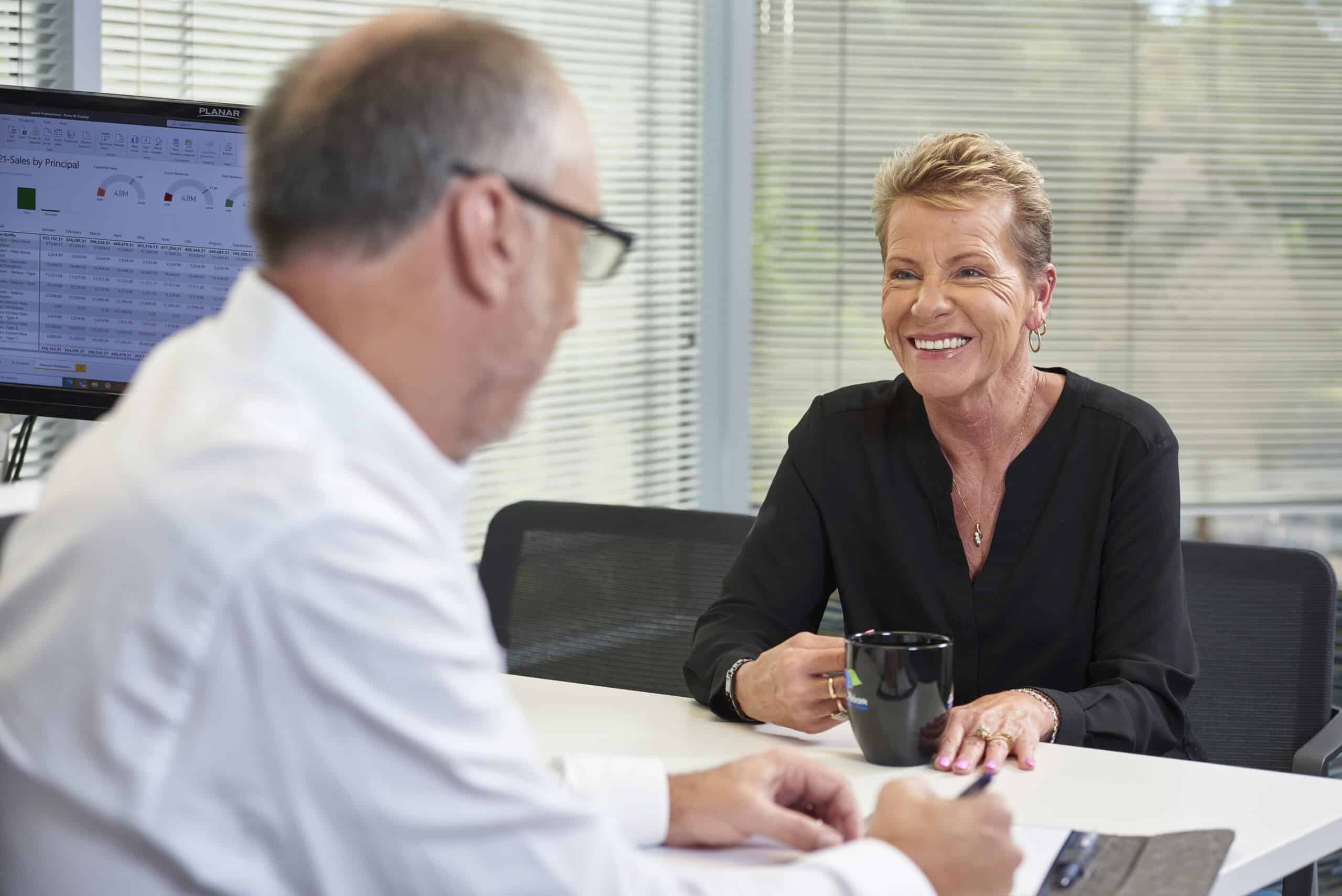



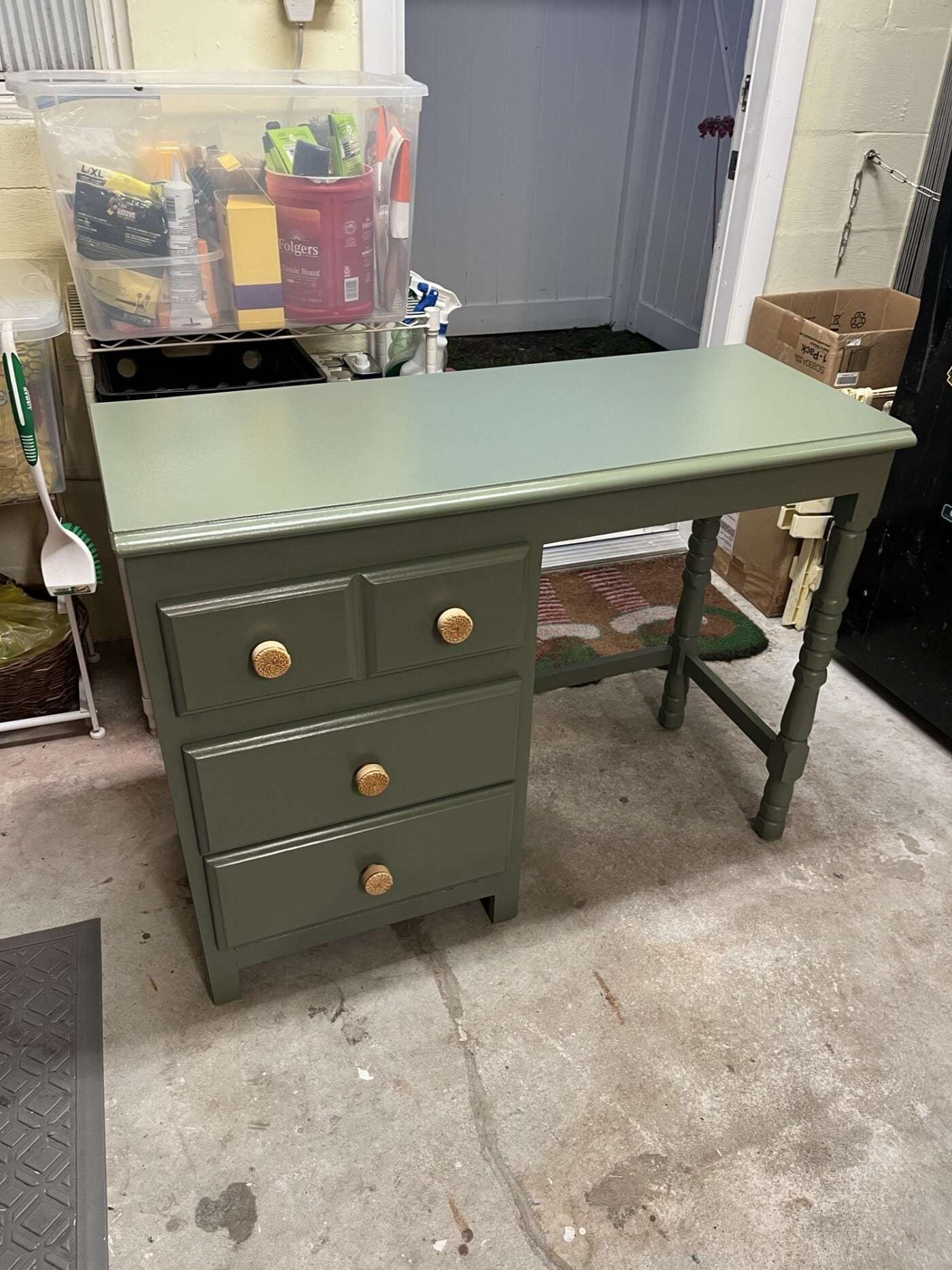
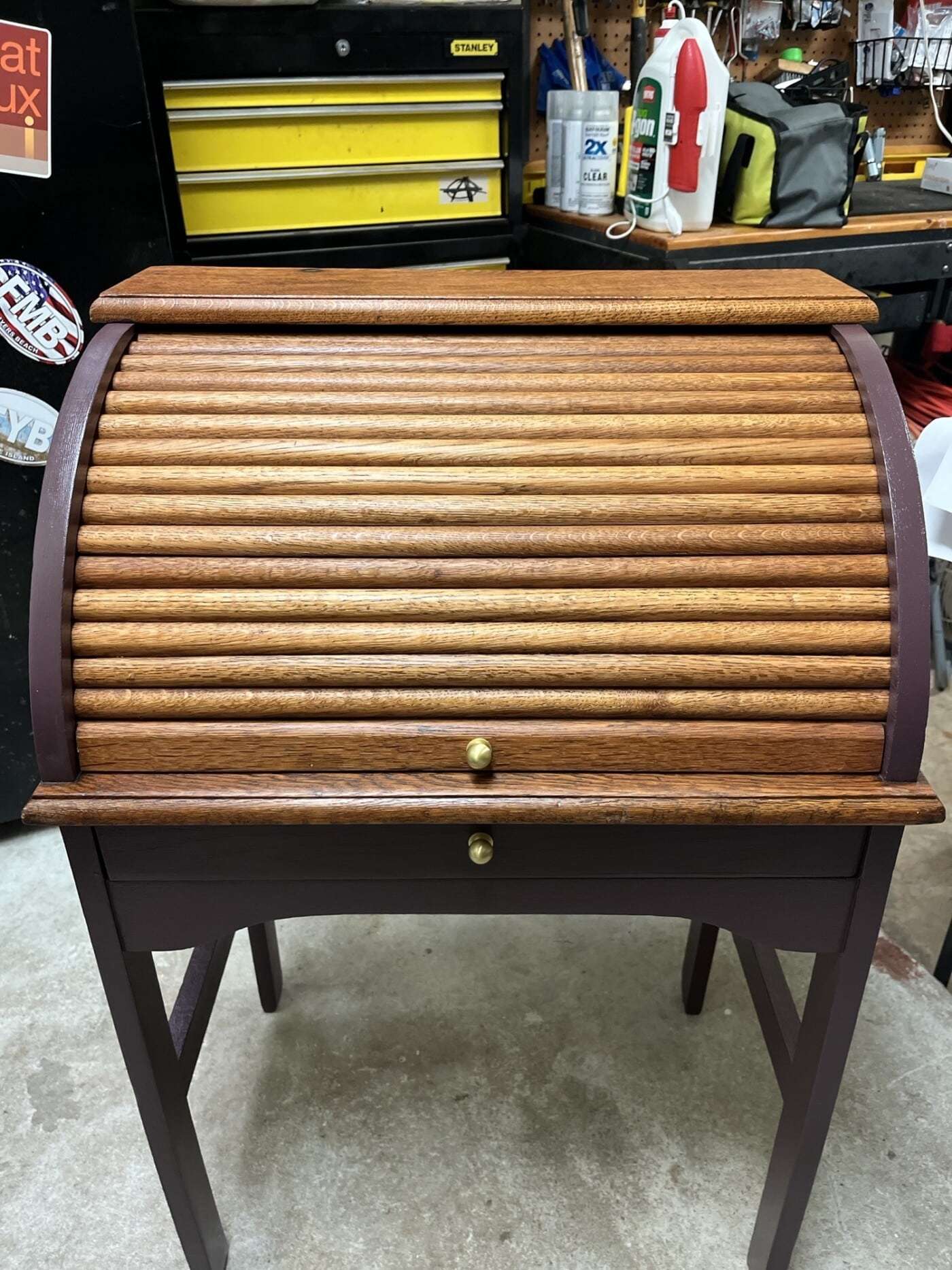
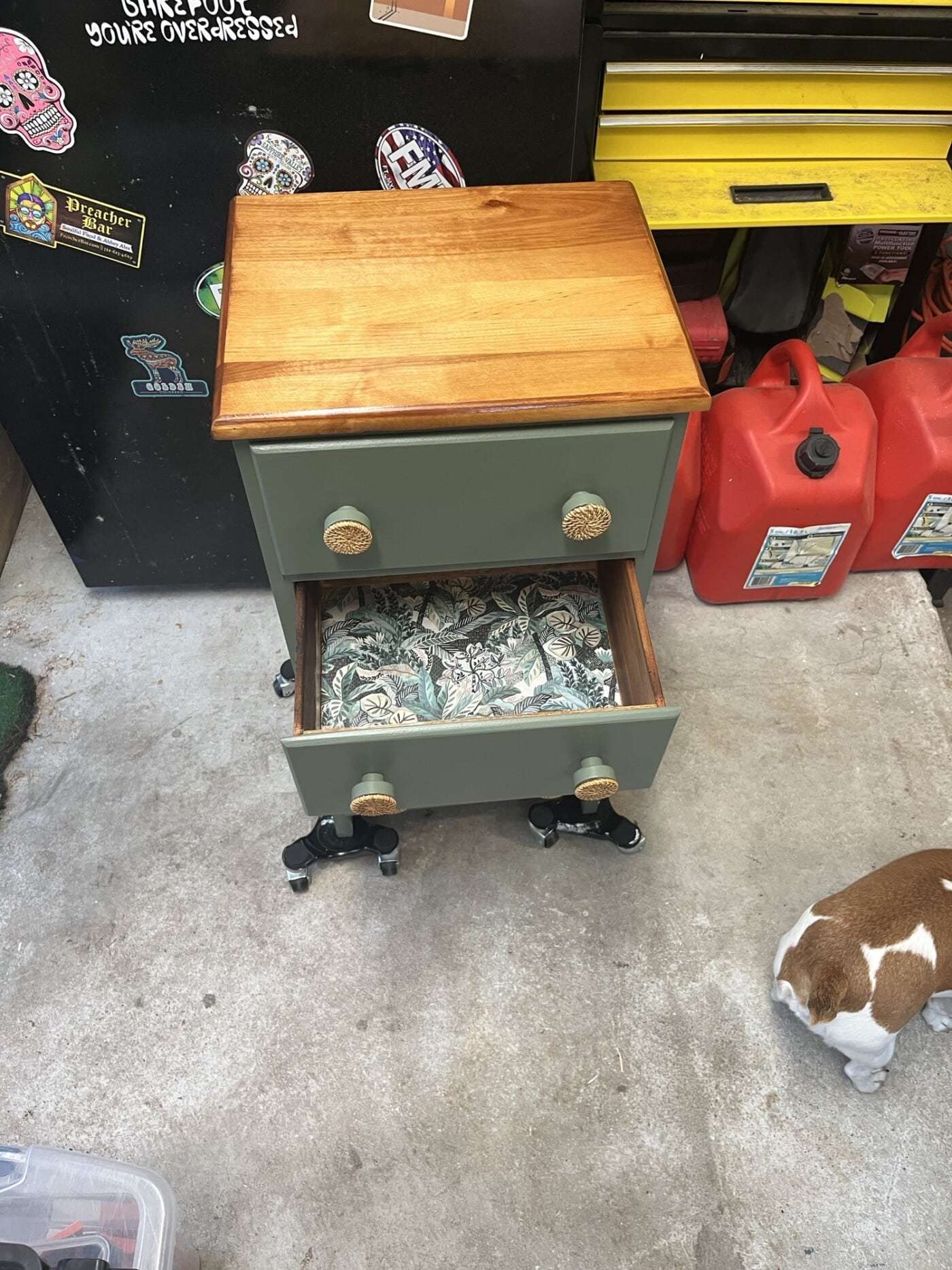
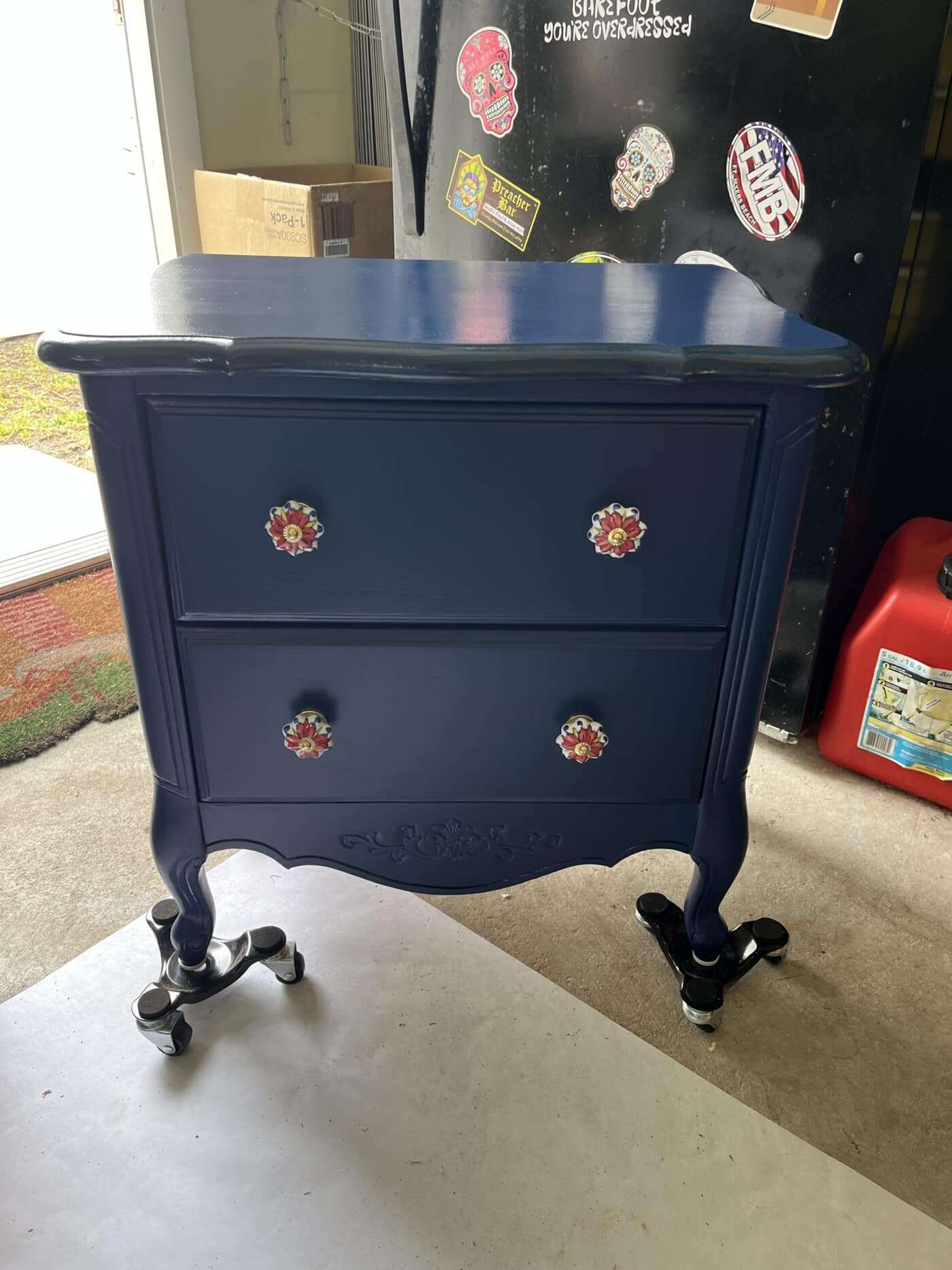
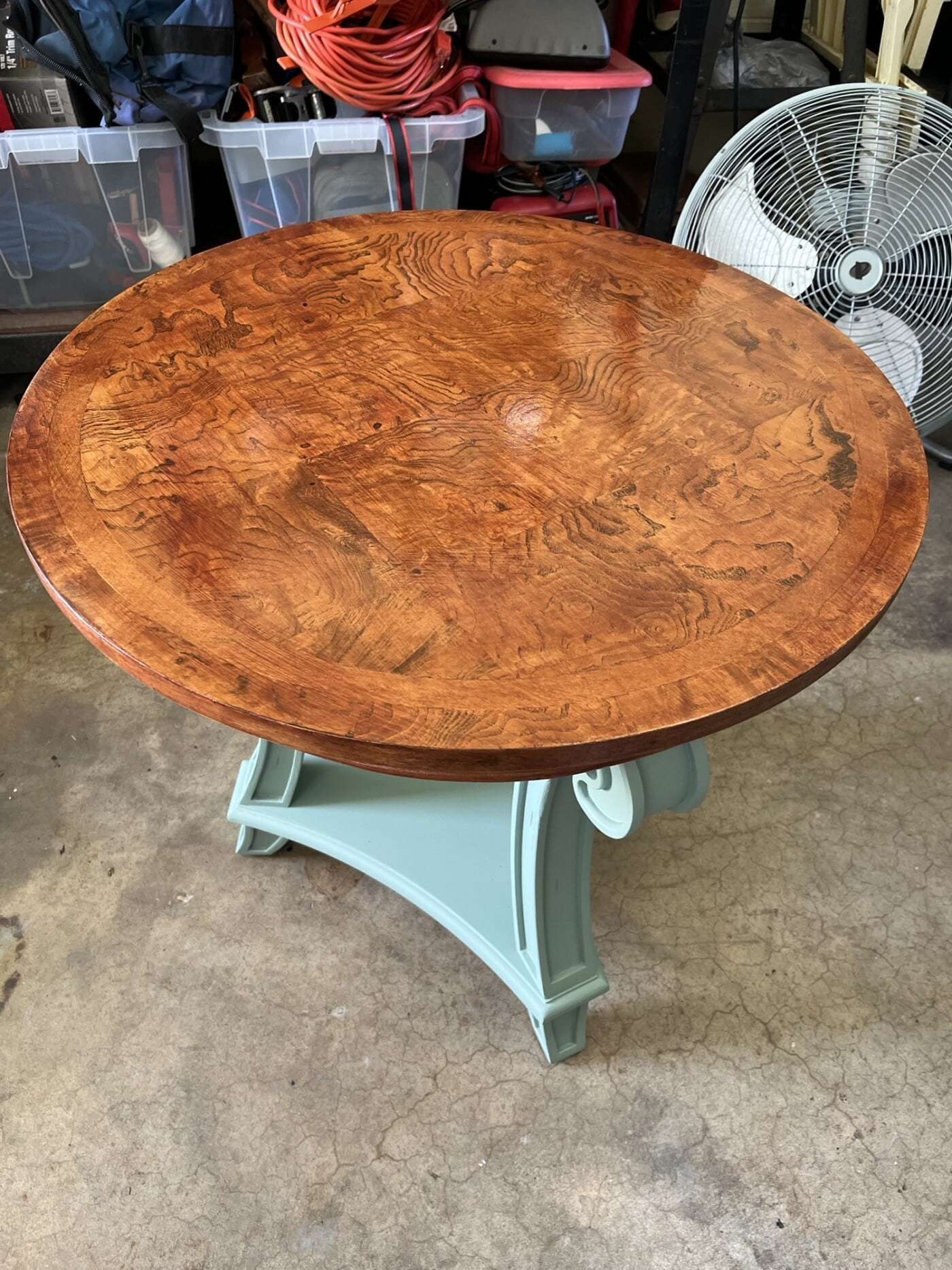
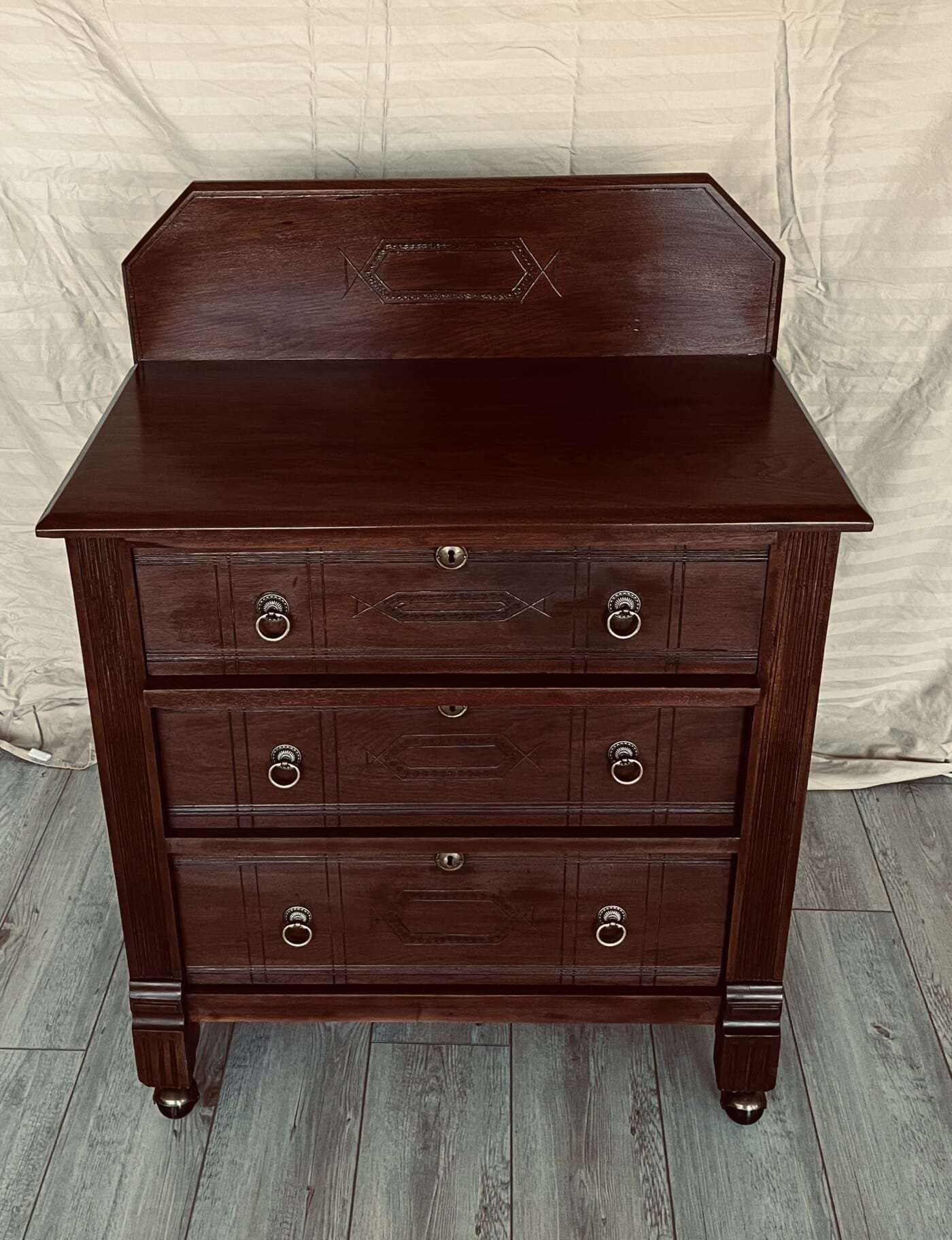
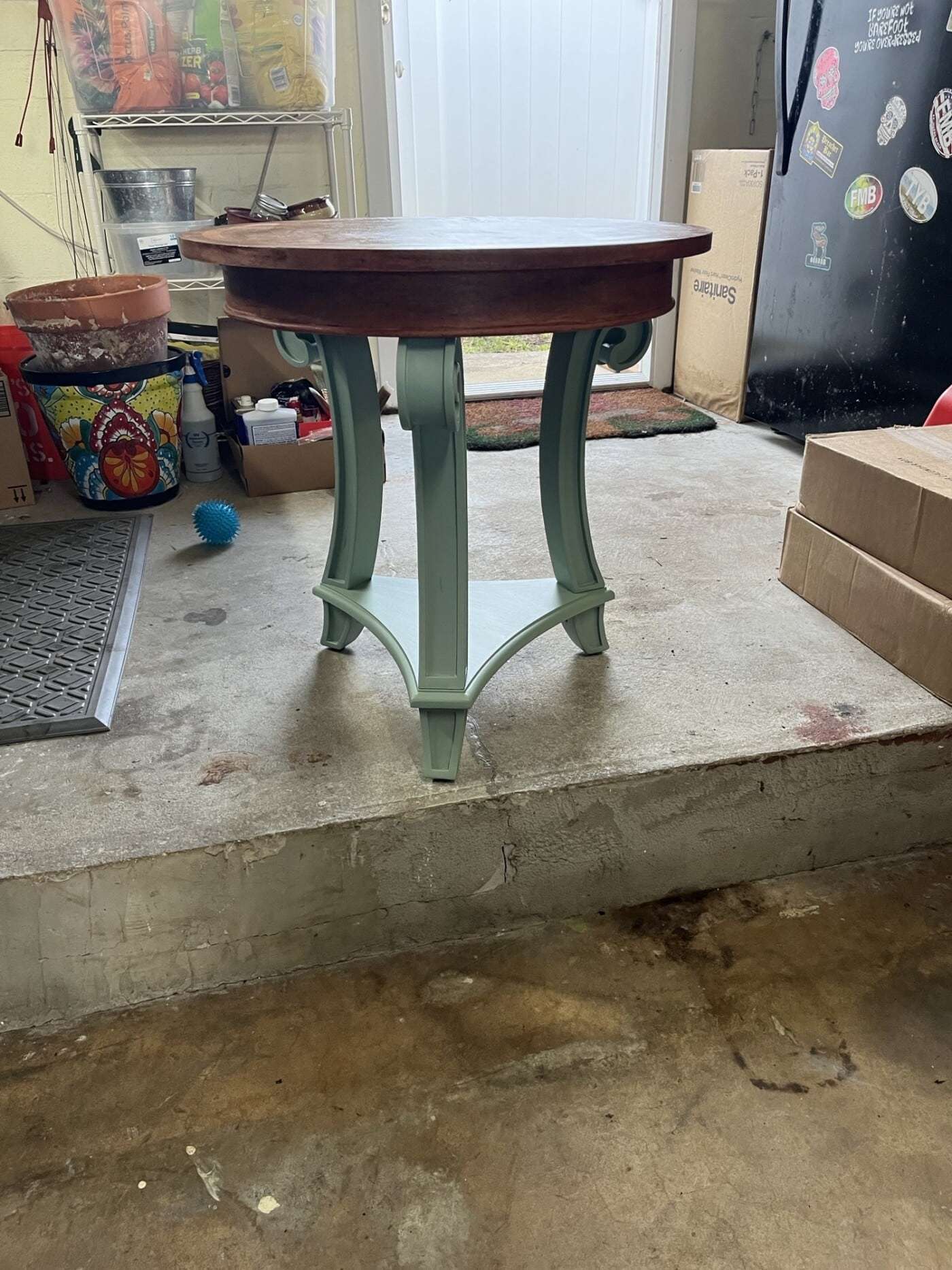
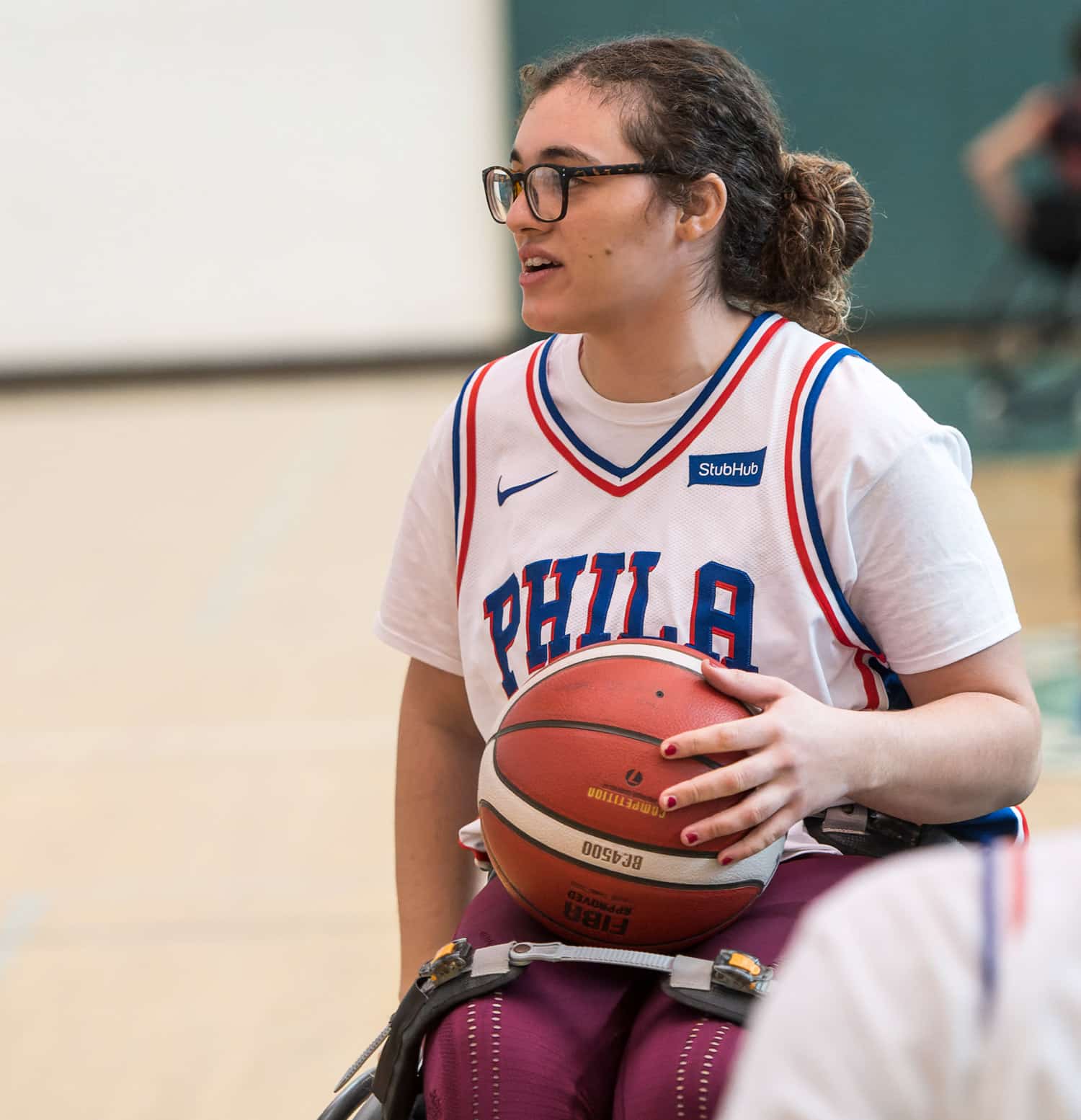
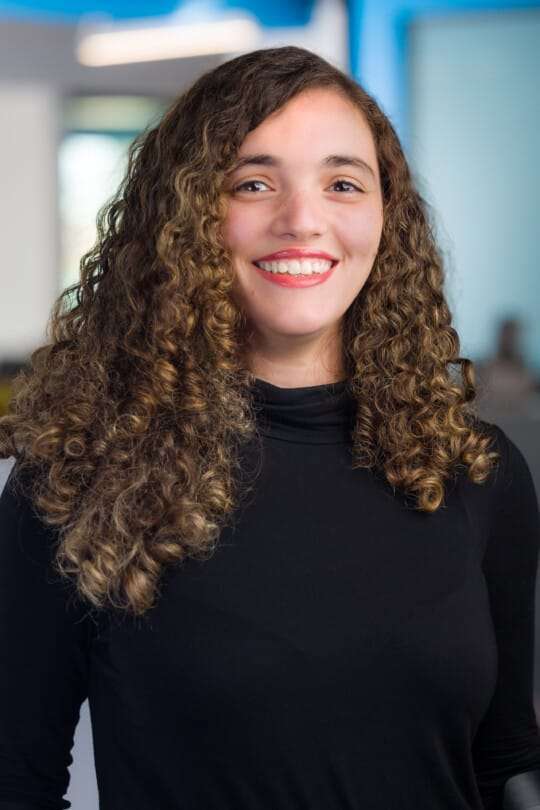
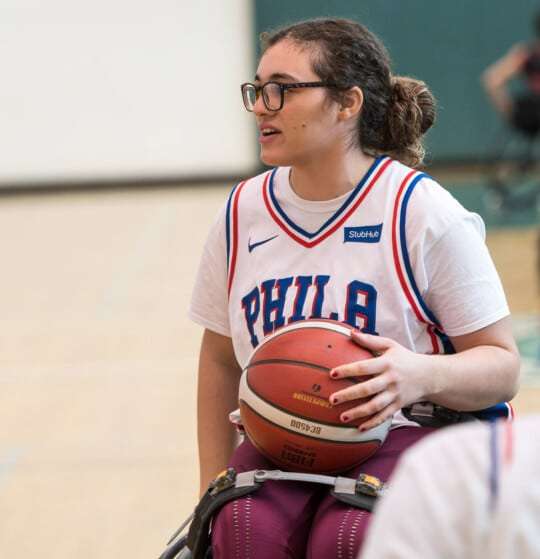 For Joseline, sports are about much more than physical activity. “It’s very social. You get to meet people, build connections, and be part of a close-knit community,” she explains. Competing against Paralympians and Division 1 teams has been humbling but also motivating. “They were doing circles around us, but it was amazing to see their skill and learn from the experience, Castillo furthered.” Her involvement in sports has also influenced her work as an architect, particularly when it comes to teamwork and feedback. “Being an athlete teaches you to accept and act on feedback, knowing it’s meant to help you improve. That’s something we do in architecture, too,” she continued.
For Joseline, sports are about much more than physical activity. “It’s very social. You get to meet people, build connections, and be part of a close-knit community,” she explains. Competing against Paralympians and Division 1 teams has been humbling but also motivating. “They were doing circles around us, but it was amazing to see their skill and learn from the experience, Castillo furthered.” Her involvement in sports has also influenced her work as an architect, particularly when it comes to teamwork and feedback. “Being an athlete teaches you to accept and act on feedback, knowing it’s meant to help you improve. That’s something we do in architecture, too,” she continued.